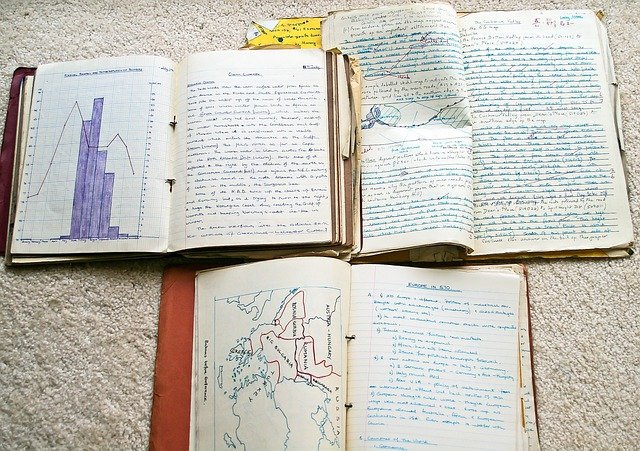Being a travel journalist is a fascinating profession but also full of clichés. We tell you what exactly it does.
When someone asks you about your job and you answer “travel journalist,” airplanes and palm trees, suitcases and daiquiris on the beach appear in their eyes. Immediately after, comes the universal reaction: “They pay you to travel, how cool!” Yes and no, I would even dare to say that this profession is much more than that. In a world where documenting a trip today involves as many tools as approaches and formats, being a travel journalist becomes an even more fascinating profession.
What does a travel journalist do?

The simple explanation to this question would be to write, photograph, collect, process and edit reports, articles or travel chronicles. However, if we dig deeper into this definition we will find formats such as columns or photoreports; different perspectives within the same topic or destination. For example, we can talk about the “10 things you can do as a traveler in Ibiza” but also talk about the environmental problems of Posidonia on the beaches of the Pitiusa island.
In any case, the pillars of travel journalism lie in the author’s ability to capture all the sensations experienced on a trip without forgetting journalistic rigor. Disregarding data would be delving deeper into the figure of the travel writer, but that is another topic that we address in other posts.
What does a travel journalist do?: False clichés

They pay you to travel
This is one of the most common clichés about the travel journalist but it is not always true. Until not so many years ago there were fewer authors and editorial supports, so financing a trip was more common. Nowadays, the most common ways to travel “for free” include press trips or business trips organized by a tourism company. In most cases, it is the travel journalist who must assume the costs or, in any case, request an invoice to deduct expenses, whether you are self-employed or work for third parties.
Document the most recommended places in a destination
We return to the “yes but no” dichotomy, so present in current travel journalism. We are used to posts and articles that highlight the most recommended places in a certain destination. However, the true job of the travel journalist is (or at least, it should be) to see a place with new eyes. Transmit the correct information but, above all, inspire readers through different perspectives: from cultural value from a region to tourist totems. Yes, but also traditional gastronomy, sensations or reflections focused on improving the perception of a destination.
It’s a relaxing job
During an interview with the TravelHappy media, travel writer Simon Sellers confessed that writing the famous travel guides for Lonely Planet was not the job that all journalists dreamed of. In addition to being a stressful job, financial restrictions barely leave you time for leisure and pleasure, salary depends on efficiency, and nerves of steel are required to gather information from so many places in a finite time. This reality is applicable to many other jobs related to travel journalism.
What does a travel journalist really do?

Provide new perspectives on the world of travel
“A curious look that discovers what was there and others looked but did not see.” This is how the renowned writer Daniel Samper Piano described the mission of the travel journalist. A figure who inspires the reader through his vision of a destination but who also provides reliability through data, photographs and descriptions of different places and their reality.
Work with different formats
There are travel journalists who not only live by words, but also by their Nikon camera and their photo reports. Other people will feel more comfortable writing a travel column, writing press releases for tourism companies, writing travel chronicles, or publishing books. If we talk about teaching, many travel journalists hold workshops, talks, seminars or teach a master’s degree in travel journalism to inspire new generations. Anything goes as long as you remain interested in continuing to discover and transmit your knowledge in a way that is as personal as it is universal, dreamy, truthful.
Work hard
Travel journalists must get used to being in transit constantly, so they won’t always be able to spend as much time with their loved ones. Furthermore, you must keep in mind that the principles are not always easy, they require insight, good writing and, above all, love for your work. Thinking that being a travel journalist means “traveling and getting paid” is a very naive belief, but that doesn’t mean you should be discouraged. No matter how many clichés there are, enjoying your passion will always be the first goal.
